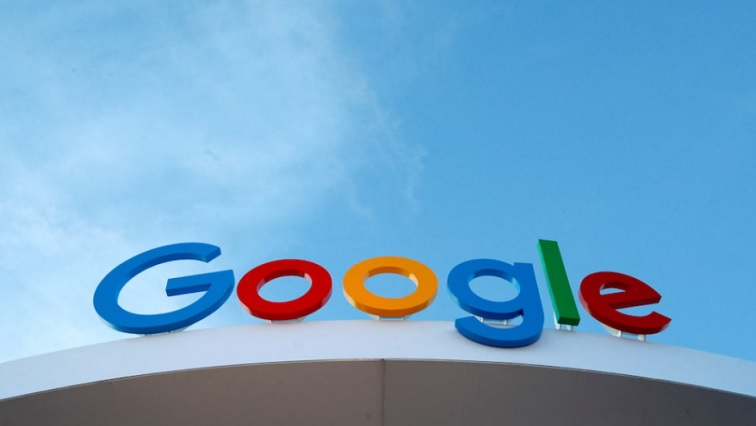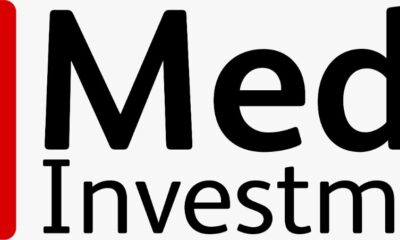Business
SA’s Big Tech Battle: Why New Digital Media Rules Could Hurt Local News Readers

SA’s Digital News Deal: A Win for Media or a Blow to Readers?
South Africa is gearing up for one of its biggest showdowns with global tech giants and depending on who you ask, it could either revive the country’s struggling newsrooms or end up silencing them online altogether.
This week, the Competition Commission released its final Media and Digital Platforms Market Inquiry report, a sweeping investigation into how companies like Google, Meta, Microsoft, TikTok, X Corp, and even AI firms like OpenAI have reshaped and in many ways destabilised, the country’s media economy.
But while the report aims to rebalance the scales, some experts warn that the new rules may unintentionally cut local audiences off from the very news the policy claims to protect.
A R688 Million Lifeline, With Complications
At the heart of the inquiry is a R688 million Media Support Package negotiated with Google and YouTube.
This includes:
-
Content licensing agreements
-
Innovation and training grants
-
Tech and data support for media outlets
-
Funding for community and vernacular newsrooms
James Hodge, chair of the inquiry, called the remedies a crucial step in rebuilding the long-term sustainability of South Africa’s media industry.
But he also acknowledged the uphill battle in convincing global companies whose head offices “don’t even think about South Africa,” because the country represents less than 1% of their global revenue. Local reps had to repeatedly explain the crisis faced by South African media houses before negotiations made headway.
The European Influence and the Backlash
Critics, however, say the Competition Commission may be borrowing too heavily from Europe’s 2019 Copyright Directive, which grants publishers a so-called “neighbouring right” essentially allowing newsrooms to claim money from platforms for displaying their links.
Martin van Staden of the Free Market Foundation argues that importing the EU model into South Africa is “legislative imperialism.”
He says local publishers willingly placed their content on Google and Meta to reach new readers, and are now upset that the platforms, understandably, benefit too.
His warning is blunt:
If South Africa forces global platforms to pay, the platforms could simply remove South African news from search results altogether.
And the consequences wouldn’t hit Google or Meta first, they’d hit ordinary South Africans who rely on these platforms for news discovery.
“The Precedent Is the Real Threat”
According to Van Staden, the problem isn’t the rand value of revenue sharing.
It’s the global precedent.
If South Africa succeeds in forcing compliance, other countries may attempt the same. Tech giants may choose the cheaper route: opting out of hosting local news altogether.
“It’s easy for platforms to stop indexing South African media,” he warned, pointing to cases in Canada, Australia, and parts of Europe where platforms temporarily blocked news links to avoid new regulatory costs.
South Africans still vividly remember how Meta abruptly blocked news content in Canada in 2023, leaving users in the dark during wildfire crises.
What the Platforms Have Agreed To So Far
Despite the tension, the report outlines a range of commitments from Big Tech:
-
Local news prioritisation tools
-
Technical support and data-sharing
-
An African News Innovation Forum
Microsoft
-
Expanding MSN news contracts to five more national publishers
Meta
-
A new South African media liaison office
-
Monetisation workshops and ad credits
YouTube
-
Automatic entry for SA media into the Partner Programme
-
Support for SABC archives and direct ad sales
TikTok
-
Publisher Support Suite with monetisation and analytics
X Corp
-
Full access to monetisation programmes and training
All platforms will also contribute to digital literacy programmes aimed at tackling misinformation.
Collective Bargaining on the Horizon
The Commission has recommended that the Department of Trade, Industry and Competition allow collective bargaining for media houses, giving them a stronger unified voice when negotiating with platforms on:
-
Monetisation terms
-
AI content licensing
-
AdTech pricing
-
Community media ad-sales
This move would echo similar negotiations in Australia and Europe.
A High-Risk Bet on the Future of Local News
To many in the industry, the inquiry’s findings feel long overdue.
South African newsrooms have battled shrinking budgets, plummeting ad revenue, mass retrenchments, and growing dependence on traffic driven by global platforms.
But the stakes are high.
If tech companies walk away, South Africa’s news ecosystem, already fragile, could take a devastating hit.
For now, the country is attempting a delicate balancing act:
forcing giants to pay their share, without pushing them to pack up and leave.
The next few months will reveal whether this policy ushers in a new era of media sustainability or becomes a cautionary tale of good intentions gone wrong.
{Source: IOL}
Follow Joburg ETC on Facebook, Twitter , TikTok and Instagram
For more News in Johannesburg, visit joburgetc.com



















